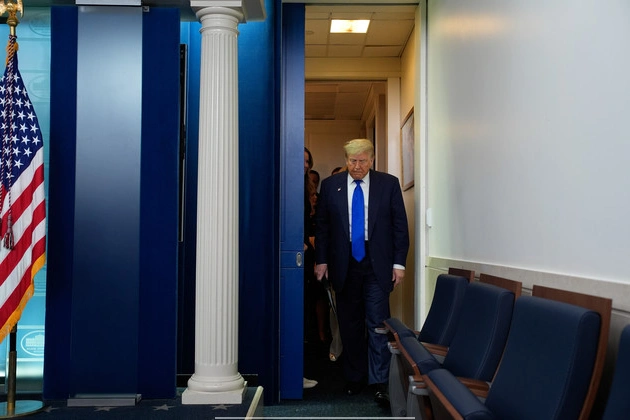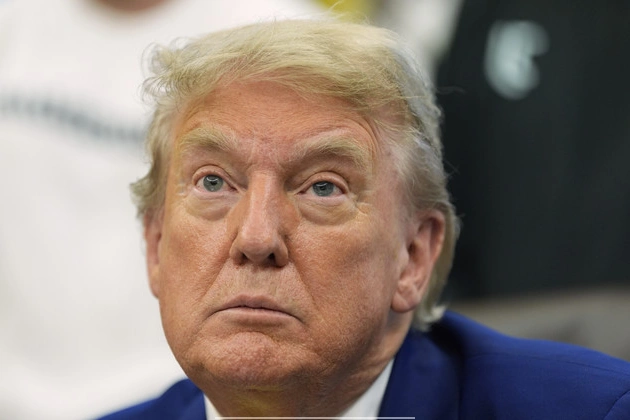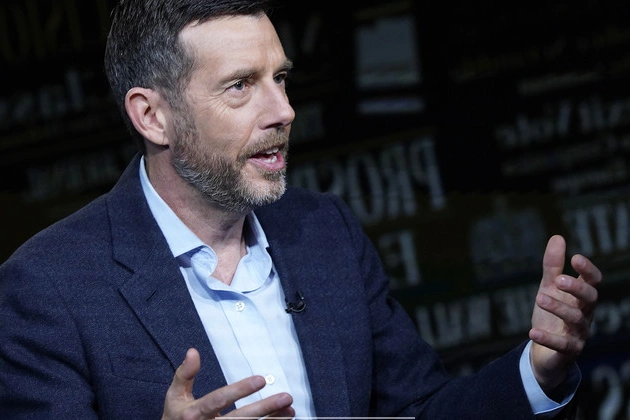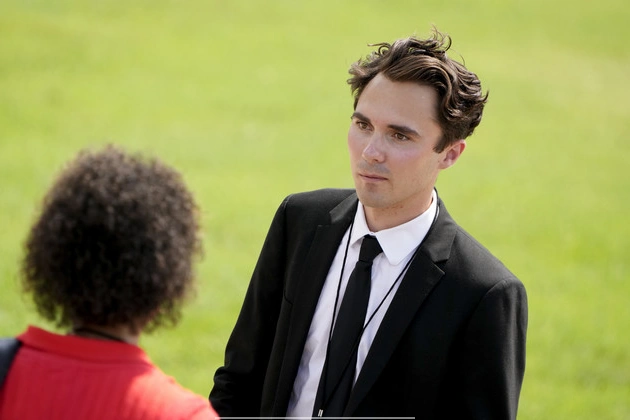
John Ullyot, the former top Pentagon spokesperson who found himself at the center of several controversies in the first months of the Trump administration, announced his resignation this week.
In an exclusive statement to POLITICO, Ullyot stated, “I made clear to Secretary Hegseth before the inauguration that I was not interested in being number two to anyone in public affairs. Last month, as that time approached, the Secretary and I talked and could not come to an agreement on another good fit for me at DOD. So I informed him today that I will be leaving at the end of this week.”
Controversies and Departure
Ullyot’s departure comes amidst a tumultuous week for the Pentagon, with three political appointees placed on administrative leave during an investigation into potential leaks. This includes two top aides to Hegseth and the chief of staff to Deputy Defense Secretary Stephen Feinberg.
Less than a month after the Pentagon faced challenges in responding to a sensitive information leak, Ullyot’s decision to resign adds another layer of complexity to the department’s communications.
Previous Role and Defense Department Changes
During his time at the Pentagon, Ullyot faced criticism for his role in reassigning media workspaces and defending controversial decisions. He signed off on reallocating Defense Department workspaces from longstanding media outlets to conservative platforms, a move that sparked debates about media access and transparency.
Ullyot’s defense of the agency following the removal of diversity content from military webpages also drew attention. This included the removal of a story highlighting Jackie Robinson’s service, a significant figure in breaking baseball’s color barrier in 1947.
Professional Background
Prior to his tenure at the Pentagon, Ullyot held communication roles in the National Security Council, the Department of Veterans Affairs, and the 2016 Trump campaign. As a Marine Corps veteran, his experience in public affairs and strategic communication has been notable across various government agencies.
Ullyot’s departure marks a significant shift in the Pentagon’s communication strategy, raising questions about future leadership and media relations within the department.















